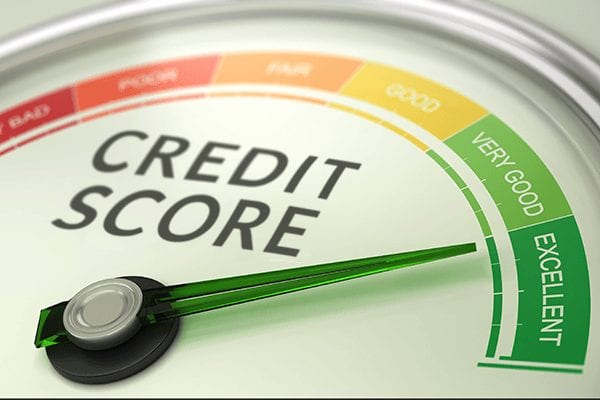What is a Credit Score? What Factors Determine It?
Most people have heard the term ‘credit score’ but do not understand what it means. Essentially a person can repay debt. When asking for a loan, a person’s credit score is crucial to the lender. The lender determines whether you are eligible for a loan and the rate of interest at which you will receive the loan, depending on your credit score. As your credit score increases, your borrowing options increase. You can have a credit score anywhere between 300 and 850.
Various factors determine your credit score. The factors that determine your credit score are the number of open accounts the borrower has, their total debts, their repayment history, as well as their credit line. The credit line is the amount of money that can be charged on your credit card. It is also known as the credit limit or credit rating.
While a no cost EMI may not directly affect your credit score, you may still have to pay your instalment with higher interest rates if your credit score is below the required range.
In India, credit scores are applicable as well. There are four credit information companies authorized by the Reserve Bank of India. These four companies are Credit Information Bureau India Limited (CIBIL), Experian, Highmark and Equifax. The most common and appreciated credit score is the one by CIBIL.
- Good Credit Score and Bad Credit Score
The higher your credit score, the better it is for your financial abilities. A good credit score is always a plus when it comes to loan borrowing or even EMI. Following are the ranges at which your credit score is considered:
300-579 – Poor
580-669 – Fair
670-739 – Good
740-799 – Very Good
800-850 – Excellent
- How does a Credit Score Work
Your credit score is significant when it comes to loans. A person who has a credit score between 300-640 is considered a subprime borrower. These borrowers generally receive a much higher rate of interest. This high rate of interest is due to the borrower carrying more risk in giving them loans. These subprime lending are high-risk for the lender, therefore, they charge higher interest rates to the borrower. The trust factor and the ability of the borrower to repay the loan decreases as the credit score increases. The lender may even reduce the repayment period, and he may even ask for a co-signer for the borrower with a low score.
On the other hand, a borrower with a credit score of more than 700 is considered ideal. It is assumed that the borrower is capable of repaying his debt on time and without any issues. While scores above 800 are brilliant scores.
- How it is calculated
Your credit score is calculated based on multiple factors. Each factor holds a different value in the estimation. Following are the factors that are required in the calculation of credit score:
- Your repayment history, including credit cards and loans
- How many credit cards do you have, and how many loans you have taken
- Your total credit balance, which is the amount owed to you by the issuer
- The balance between your secured and unsecured loans
- Your credit use, and how little or much you use it
A higher credit score means better interest rates and a better chance of getting a loan.
This infographic was created by Stein Saks, a credit report dispute attorney


Comments are closed.